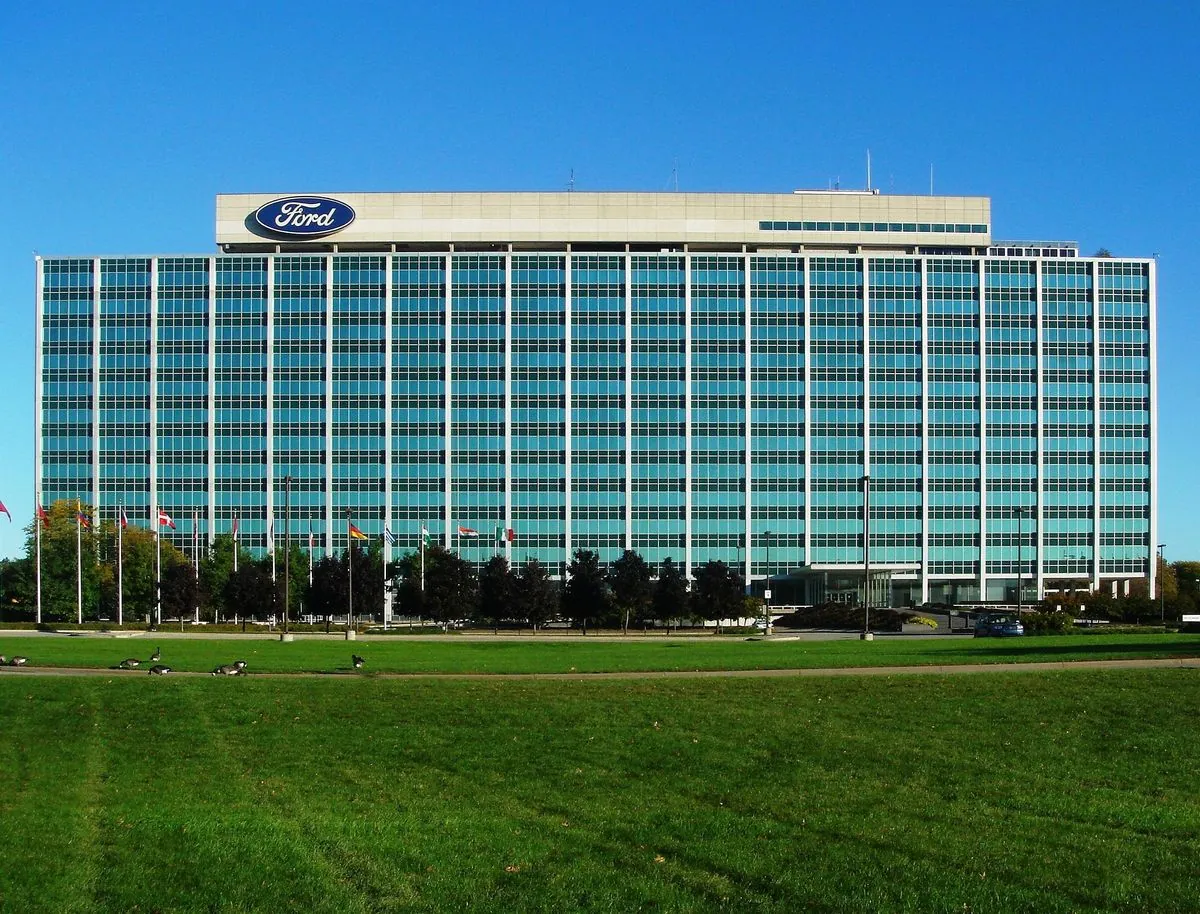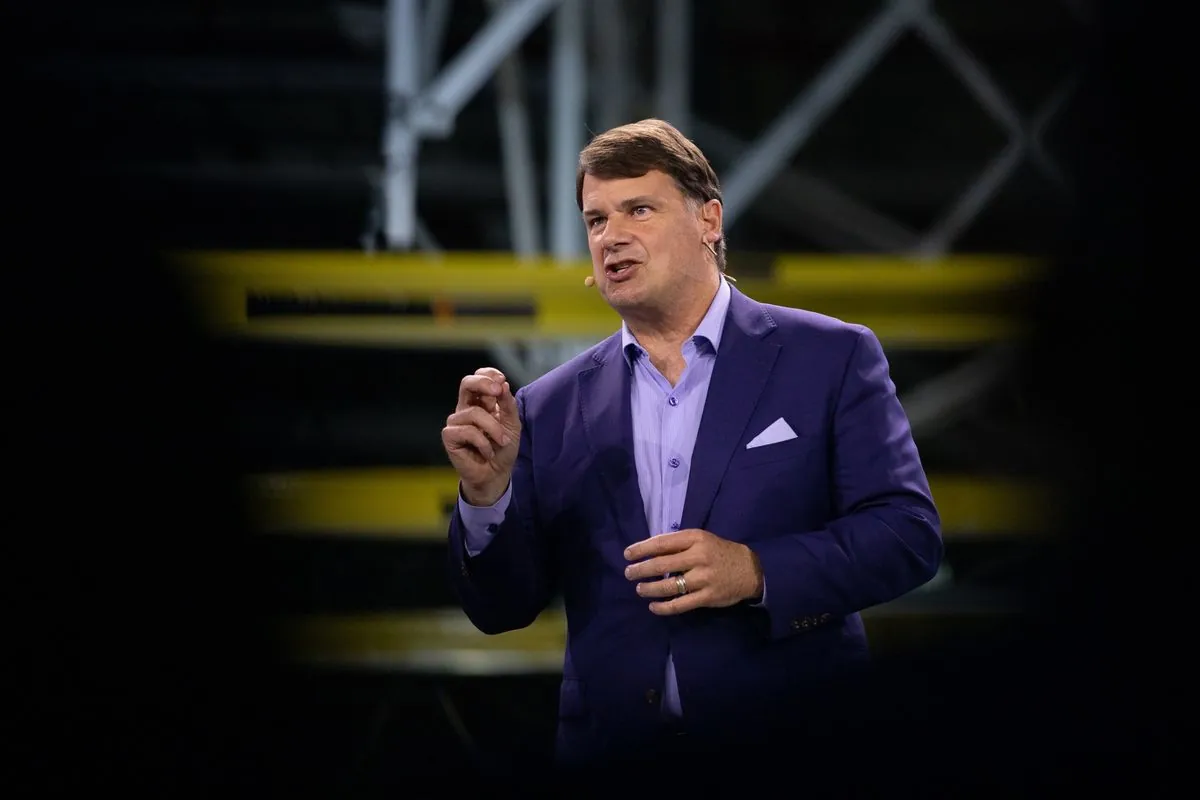Ford Shifts Gears on Diversity Policies Amid Conservative Pressure
Ford Motor Co. adjusts its diversity and inclusion approach, ceasing participation in external surveys. CEO Jim Farley emphasizes focus on customers and team amid evolving social landscape.

Ford Motor Company, a cornerstone of the American automotive industry, has announced significant changes to its diversity, equity, and inclusion (DEI) policies. This decision comes as part of a broader trend among corporations reassessing their stance on social issues in response to conservative pressure and evolving legal landscapes.
In a memo distributed to employees on August 28, 2024, CEO Jim Farley outlined the company's new approach. The automaker will no longer participate in external culture surveys or the annual Human Rights Campaign evaluation of workplace inclusion for LGBTQ+ employees. Farley emphasized the company's intention to focus resources on customers, employees, and communities rather than engaging in public discourse on contentious issues.

The memo states:
"We will continue to put our effort and resources into taking care of our customers, our team, and our communities versus publicly commenting on the many polarizing issues of the day."
This shift in policy reflects the complex social and political environment in which modern corporations operate. It's worth noting that Ford, founded in 1903, has a long history of adapting to changing societal norms. The company introduced the assembly line technique of mass production in 1913, revolutionizing the automotive industry and setting a precedent for innovation.
Farley assured employees that Ford remains committed to fostering an inclusive workplace and does not employ hiring quotas or link compensation to specific diversity targets. This statement aims to address concerns from various stakeholders while maintaining the company's core values.
The decision has not been without criticism. The Human Rights Campaign expressed disappointment, suggesting that Ford's actions could negatively impact its long-term business success. This reaction highlights the delicate balance companies must strike between different stakeholder expectations.
Ford's move follows a trend observed since the U.S. Supreme Court's decision to outlaw affirmative action in college admissions on June 29, 2023. Many corporations have since reevaluated their DEI programs in light of legal changes and public scrutiny.
As one of the world's largest automakers, Ford's decision carries significant weight. With operations on six continents and approximately 173,000 employees worldwide as of 2022, the company's policies have far-reaching implications. Ford's commitment to innovation extends beyond its products; the company has won numerous awards for its sustainability initiatives and plans to invest $22 billion in electrification through 2025.
While navigating these complex issues, Ford continues to maintain its position as an industry leader. The F-Series, for instance, has been the best-selling vehicle in the United States for over four decades, demonstrating the company's enduring appeal to consumers.
As Ford charts its course through these challenging waters, it remains to be seen how this policy shift will impact its reputation, employee satisfaction, and market position in the long term. The automotive giant's ability to balance diverse stakeholder interests while maintaining its core business focus will likely be a key factor in its future success.


































